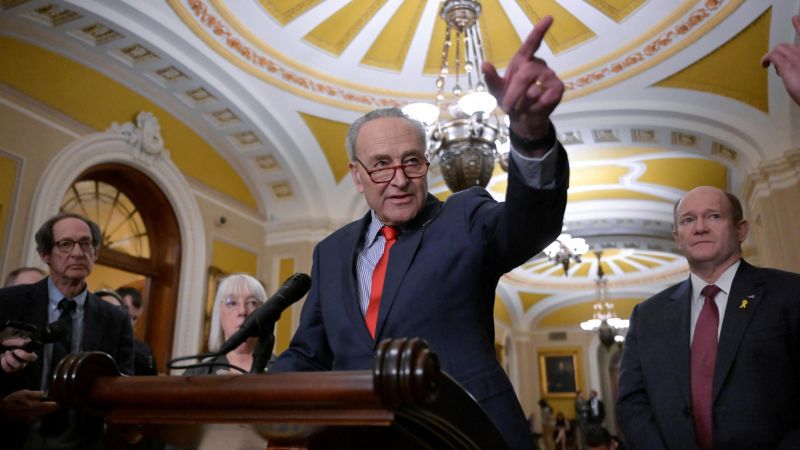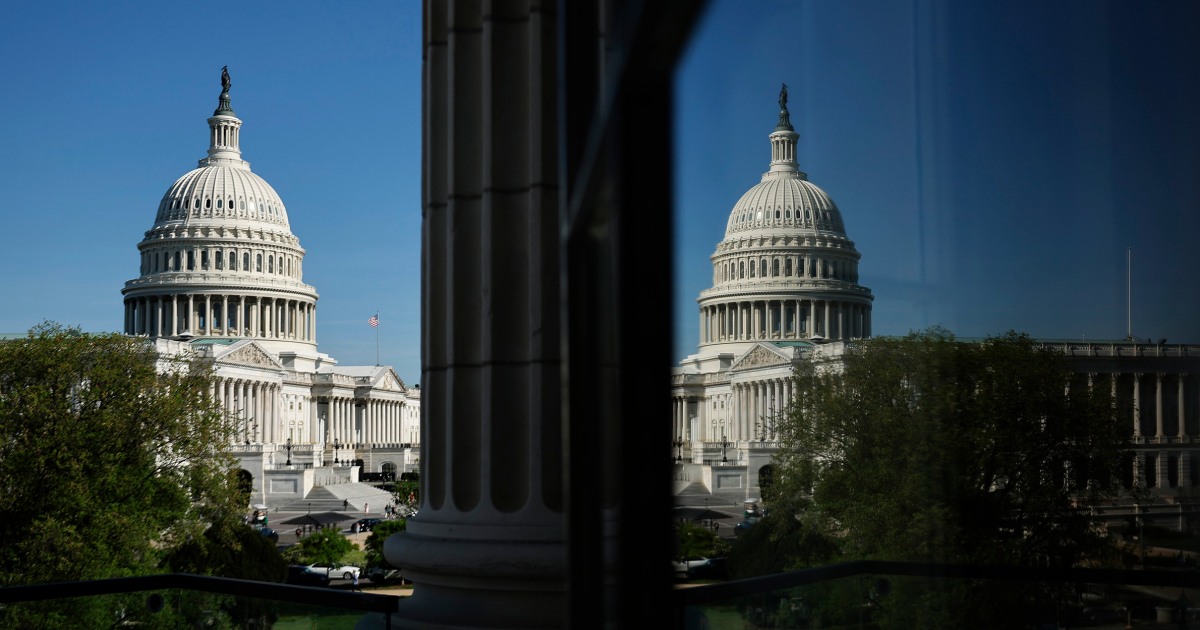
In a recent development, the US Senate passed bills to reauthorize Section 702 of the Foreign Intelligence Surveillance Act (FISA) late on Friday, April 19, 2024. The controversial surveillance program had been set to expire and attracted criticism from some lawmakers who argue it violates Americans' constitutional right to privacy. However, supporters described it as a crucial element of national security against terrorism, drug trafficking, and violent extremism.
The House passed the bill last week after a new version was put forward for a two-year reauthorization instead of five years. This change appeased conservatives who had initially opposed the legislation. The Senate voted 60-34 to approve the extension, sending it to President Joe Biden for his expected signature.
The intelligence community collects massive amounts of internet and cell phone data on foreign targets under Section 702, which incidentally gathers information on hundreds of thousands of Americans each year without a warrant. This data forms the basis of most intelligence the president views each morning and has helped keep tabs on foreign intentions, identify foreign efforts to access US infrastructure, uncover foreign terror networks, and thwart terror attacks in the US.
Despite opposition from some senators like Durbin who were pushing for reforms to Section 702, security-focused Democrats and Republicans supported the legislation. An amendment requiring the intelligence community to get court warrants for spying failed in the House on a tied vote, as did an amendment from Democratic Sen. Ron Wyden that would strike a new part of the program allowing everyday Americans to help spy if they have access to certain equipment.
The Senate Majority Leader Chuck Schumer described letting FISA expire as dangerous and an important part of national security. John Cornyn stated that 60% of the president's daily brief is composed of FISA-derived materials.
Recent revelations about FBI using this power to hunt for information raised doubts about the program's integrity, but it remains a contentious issue in Congress.



